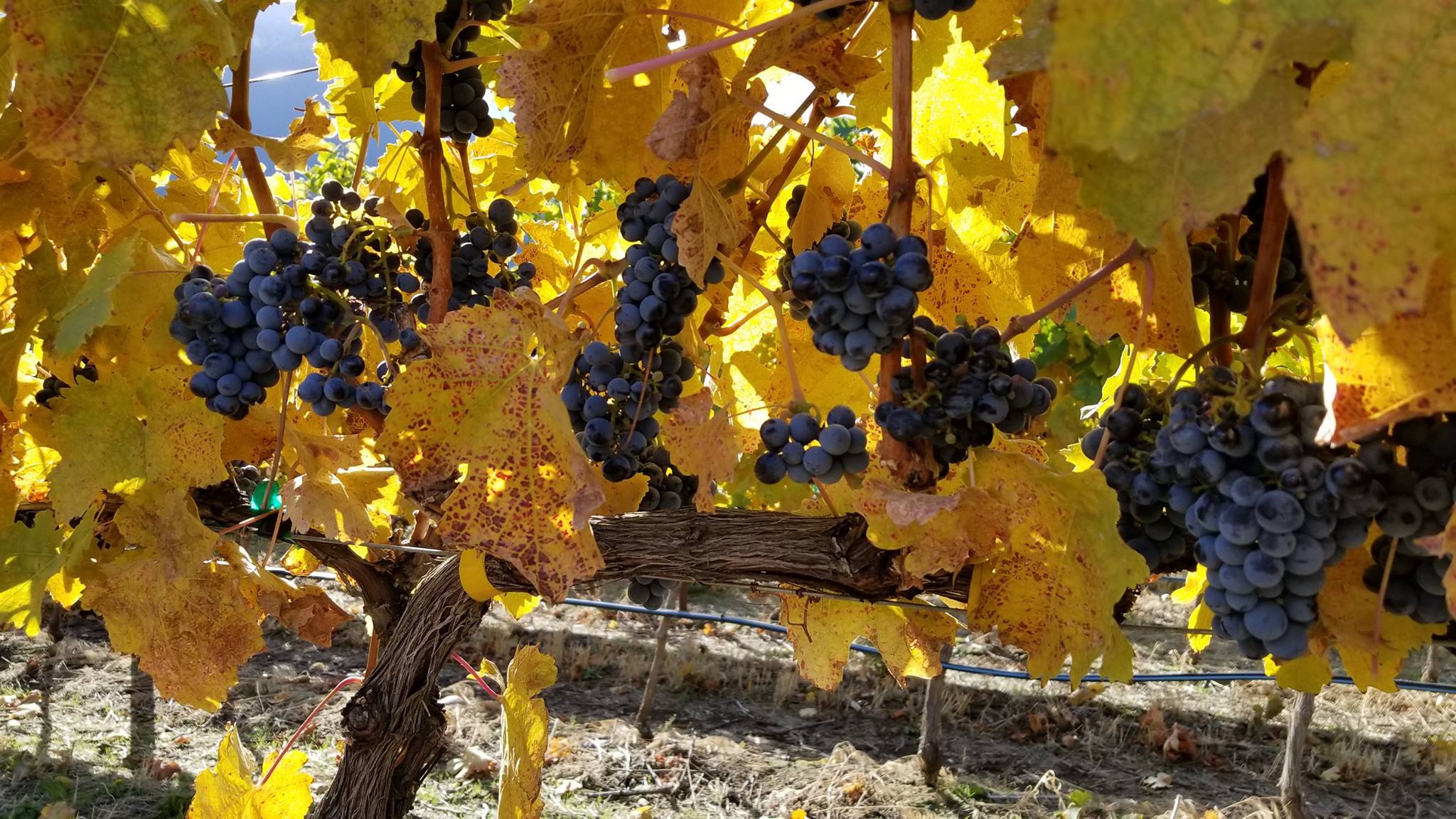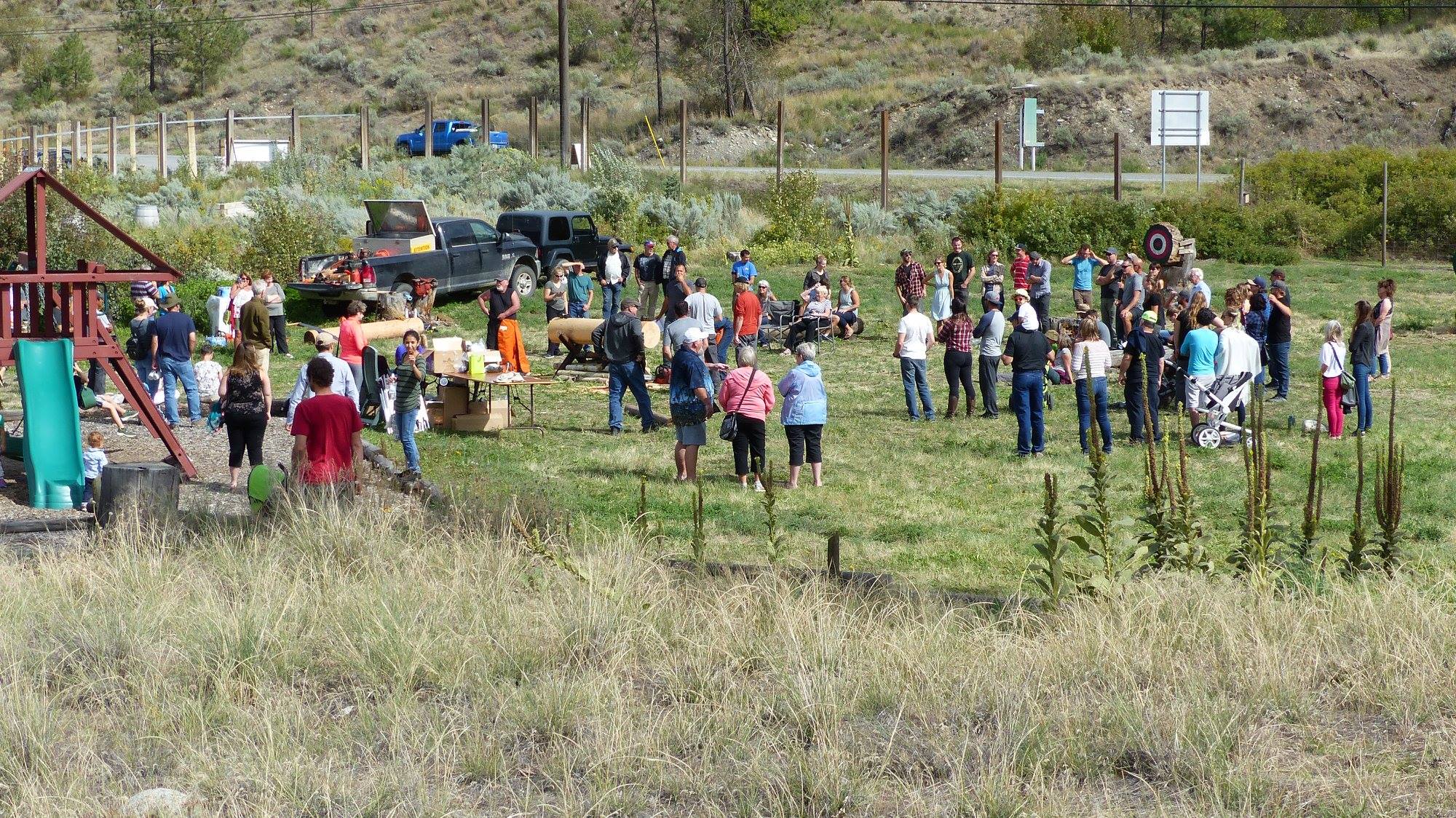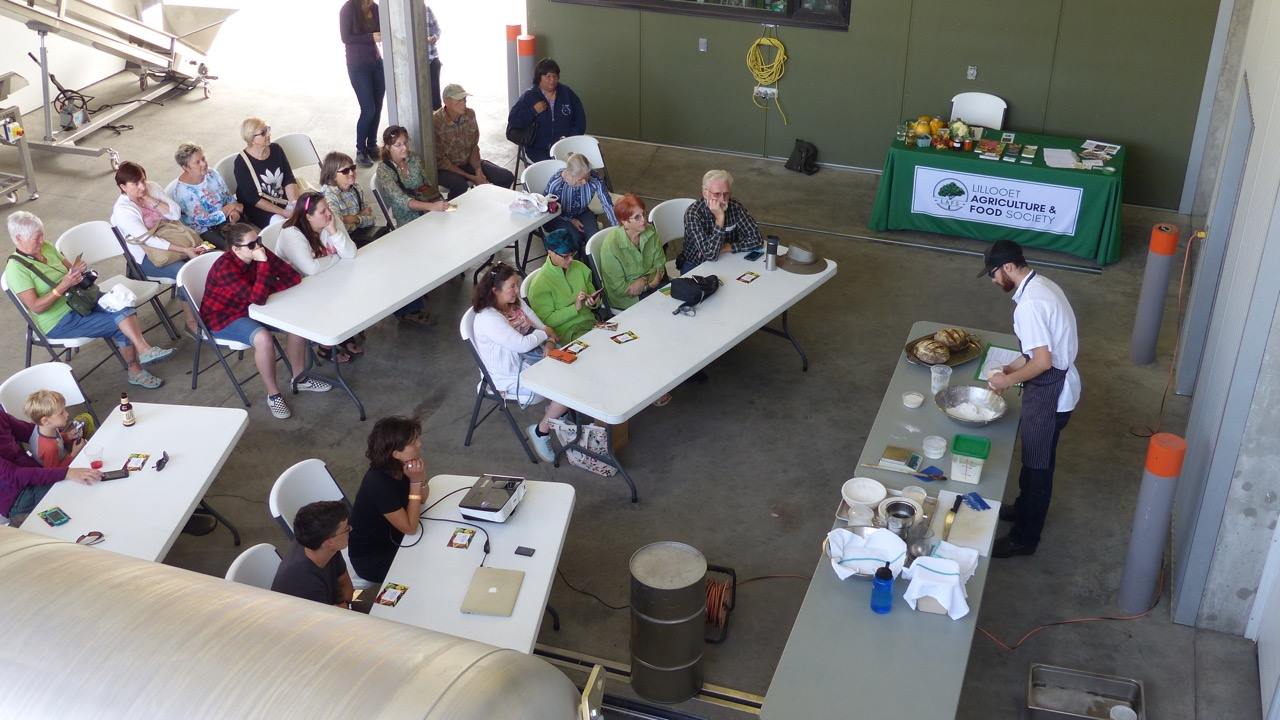
Good Agriculture Practices seem to be the topic of the moment.
Governments have found that, “
There is little or no legislation that refers to “safe food.” However, there is Legislation that prohibits selling “unsafe food.” This would include the sale of any unsafe food being sold from a farm…. There are no specific standards in legislation for every type of commodity that may be produced on farm.”
A few health scares, including several cases of BSE, salmonella and E.Coli have made both consumers and governments aware of the risks of mass-production and long-distance shipping. With goods being dispersed in all directions from a single farm, at times globally, when something goes wrong it can result in massive recalls and a huge impact both on the consumers as well as producers. Good agricultural practices have therefore been put in place as a way to try and create more comprehensive guidelines for food and beverages produced on farm.
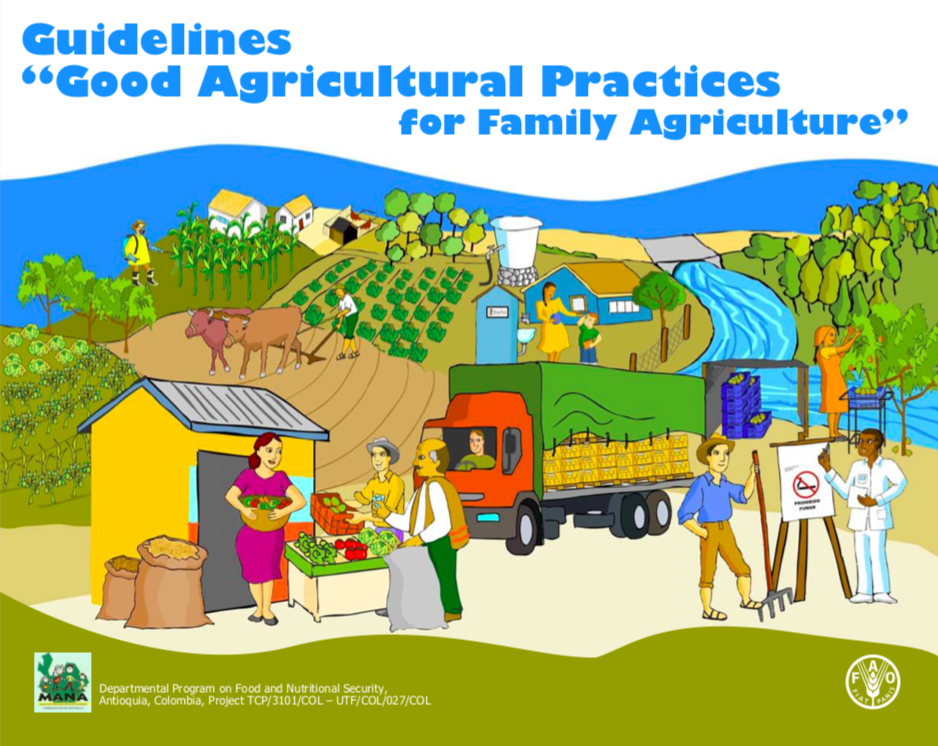
It is noted on the
B.C. government website that the document, “…includes good practices for food safety purposes only governing the use of agricultural inputs, identification and labelling, storage, loading and transportation of the plant or animal product on the farm and to the farm gate. It does not detail practices that apply to the animal after it leaves the farm.”
This, however, is the first step in increased traceability of goods, and a way to ensure that producers and consumers alike are protected. “Establishing a food safety plan helps identify the policies and practices in place on the farm and who is responsible for ensuring they occur” –
uwyo.ed. “Some farms may be required to be certified for having GAPs in place and may have developed a farm food safety plan (perhaps by a buyer such as a wholesaler, retailer, restaurant or institution). But no matter whether you sell food or not, or are required to have a plan or not, be sure to take reasonable measure to reduce the risks
” –
uwyo.ed.
However, this is no easy certification for a producer. It is extremely involved, and costly both in time and fees. The good news is that there are two GAPs workshops planned for this winter/early spring – one in Pemberton and one here in Lillooet.
The Pemberton Farmer’s Institute is hosting a two-day CanadaGAP workshop February 4-5, sponsored by Feed BC and the BC Ministry of Agriculture. This two-day workshop is for fruit and vegetable producers interested in growing their business by selling into the retail, wholesale or food service markets, or who are already selling through these channels and require certification under the CanadaGAP Program.
Benefits of attending the workshop:
– You will learn how to prepare and implement a Good Agricultural Practices program for fruit and vegetable handling, washing and packing, that aligns with the CanadaGAP voluntary food safety certification program
– Start your CanadaGAP record keeping documentation at the workshop
– Learn how a Traceability program supports your mock recall
– Learn how to apply for funding opportunities through the Canadian Agricultural – Partnership programs to support your on-farm food safety practices
The workshop is restricted to a maximum of 20 participants and is free of charge (lunch is provided). Please register by contacting Anna Helmer, President of the Pemberton Farmer’s Institute, at 604-966-8460 or by email at
annahelmer@hotmail.com
The Lillooet workshop dates are TBD, but if you would like to put your name on the list, you can email
lillooetagricultureandfood@gmail.com or call 778-887-2027. It will likely take place in late February or early March – we will put the word out as soon as dates are confirmed.

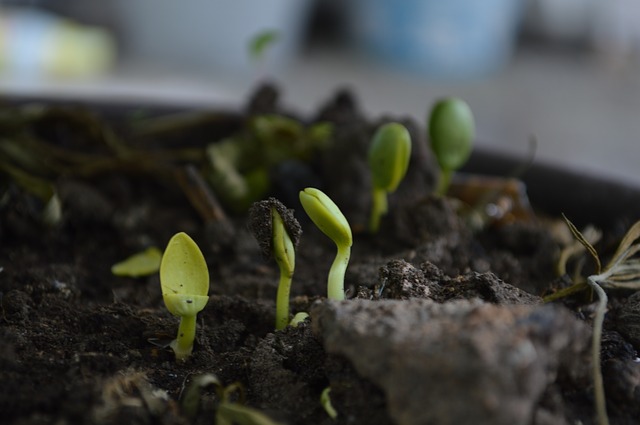
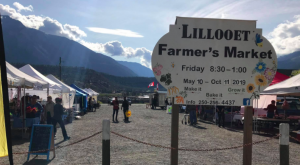
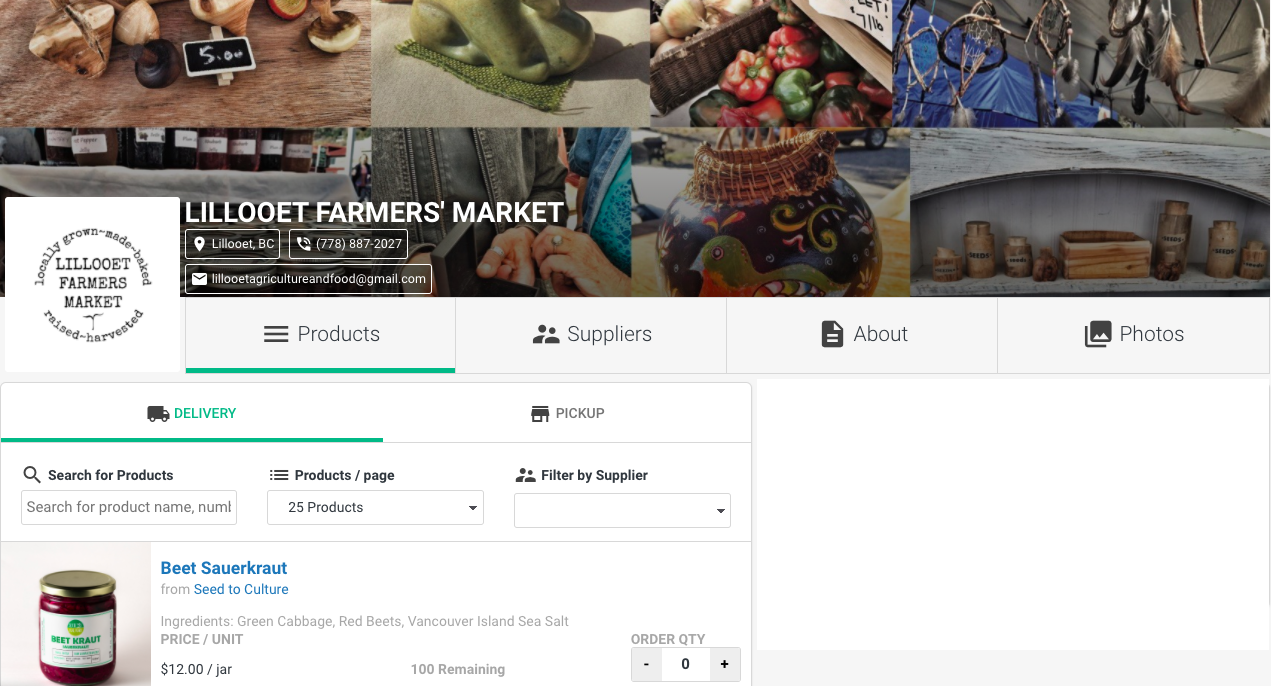
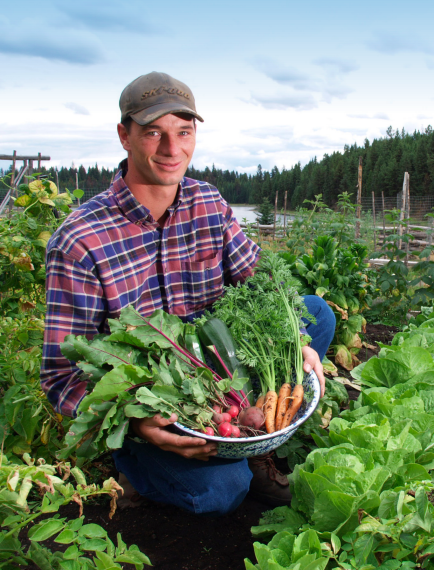
 Good Agriculture Practices seem to be the topic of the moment.
Governments have found that, “There is little or no legislation that refers to “safe food.” However, there is Legislation that prohibits selling “unsafe food.” This would include the sale of any unsafe food being sold from a farm…. There are no specific standards in legislation for every type of commodity that may be produced on farm.”
A few health scares, including several cases of BSE, salmonella and E.Coli have made both consumers and governments aware of the risks of mass-production and long-distance shipping. With goods being dispersed in all directions from a single farm, at times globally, when something goes wrong it can result in massive recalls and a huge impact both on the consumers as well as producers. Good agricultural practices have therefore been put in place as a way to try and create more comprehensive guidelines for food and beverages produced on farm.
Good Agriculture Practices seem to be the topic of the moment.
Governments have found that, “There is little or no legislation that refers to “safe food.” However, there is Legislation that prohibits selling “unsafe food.” This would include the sale of any unsafe food being sold from a farm…. There are no specific standards in legislation for every type of commodity that may be produced on farm.”
A few health scares, including several cases of BSE, salmonella and E.Coli have made both consumers and governments aware of the risks of mass-production and long-distance shipping. With goods being dispersed in all directions from a single farm, at times globally, when something goes wrong it can result in massive recalls and a huge impact both on the consumers as well as producers. Good agricultural practices have therefore been put in place as a way to try and create more comprehensive guidelines for food and beverages produced on farm.
 It is noted on the
It is noted on the 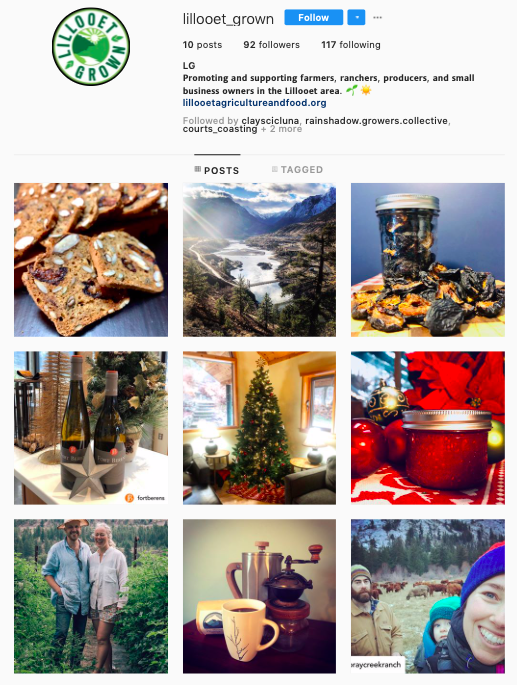 We’re excited to be connected in on one of today’s most-used social media platforms. Bi-weekly posts of locally grown goodness and recipes, as well as a “Friday Feature” of local businesses – growers, producers and makers. Hop on over to Insta and give us a follow now
We’re excited to be connected in on one of today’s most-used social media platforms. Bi-weekly posts of locally grown goodness and recipes, as well as a “Friday Feature” of local businesses – growers, producers and makers. Hop on over to Insta and give us a follow now 